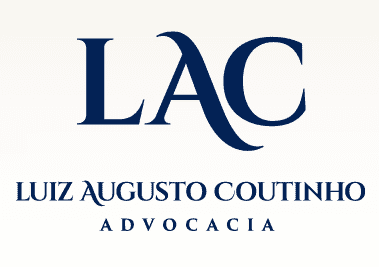Content
Water doesn’t have enough electrolytes and/or vitamins to replace the electrolytes and vitamins lost due to dehydration. Waking up with dry mouth, throbbing headache, fatigue, brain fog, and nausea are all signs of alcohol-induced dehydration. When you don’t adequately replace Top 5 Questions to Ask Yourself When Choosing Sober House this excess loss of fluids, you become dehydrated. Alcohol dehydration occurs because alcohol causes you to lose too much fluid from your body. Alcohol can steer your body towards dehydration, but water and a heaping helping of electrolytes can help with course correction.
What are the symptoms of dehydration from alcohol?
As a result, alcohol increases urination and excess loss of fluids. The mild dehydration that results likely contributes to hangover symptoms such as thirst, fatigue, and a headache.
By those measurements, an average 12-ounce can of beer contains the same amount of alcohol as a 5-ounce glass of wine or a typical shot of distilled spirits like rum, vodka, gin or whiskey. Dehydration can also compound certain aspects of intoxication. If you’re dehydrated, you can become confused and have trouble with your coordination — symptoms very similar to being intoxicated. Despite various over-the-counter pills and tablets that claim to prevent hangovers, the only guaranteed way to prevent a hangover is to avoid alcohol. Congeners are more likely to produce a hangover or increase the severity of a hangover. But drinking too much alcohol of any color can still make you feel bad the next morning.
Drinks with any alcohol
The heat from that extra blood passes right out of your body, causing your temperature to drop. On the other hand, long-term heavy drinking boosts your blood pressure. It makes your body release stress hormones that narrow blood vessels, so your heart has to pump harder to push blood through.
- The more your alcohol intake, the more frequent your urge will be to pee.
- Unless you were simultaneously sun-bathing and drinking a bottle of rosé, those feelings were probably different.
- Dehydration can increase the risk of heat stroke, especially when combined with exposure to hot and humid environments, such as in a crowded bar or nightclub.
- A common question that is raised often is, “how much do other drinks like caffeine and alcohol consumption affect your hydration?
That brings us to the end of our look at how to rehydrate quickly after drinking alcohol. Our preferred way of rehydrating quickly after drinking is using rehydration mixes. Among other factors, the recommended amount of water you drink depends on the climate (i.e. the temperature outside) and your level of activity. Generally speaking, women should consume 90 ounces of fluids per day and men should consume 125 ounces per day.
The HMR Diet: Weight Management Plan Reviews, Cost, Foods, and More
Food that is high in salt can increase your blood pressure, even if you don’t have a problem yet. Water is obviously the best source of fluid, but realistically, do other beverages, including alcohol, count toward your daily quota, and if so, how much? Here is everything you need to know about alcohol and hydration.
Knowing this, drinking water and a greater-than-normal amount of electrolytes can help by protecting against dehydration from alcohol. The research on alcohol shows that drinking even moderate amounts can be unhealthy, but does the occasional beer or glass of wine help you meet your hydration goals anyway? Drinking large amounts of alcohol also affects your kidney’s ability to regulate, reabsorb and retain water.
kinds of drinks that actually dehydrate you — and why
To help beat the heat, you reach in the cooler and fish out an ice-cold beer. Good sleep is essential for your health in many ways than you can imagine. And research suggests that a healthy sleep habit (plus regularly having 7 to 9 hours of sleep) may help you optimize your hydration levels. However, a 2011 study observes that caffeine at a dose of 4.5mg/kg increases urination in adults with overactive bladders. Ultimately, the only surefire remedy for a hangover is to avoid getting one by drinking in moderation or choosing not to drink.

